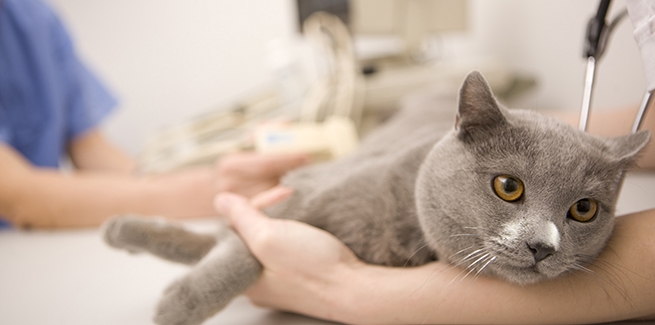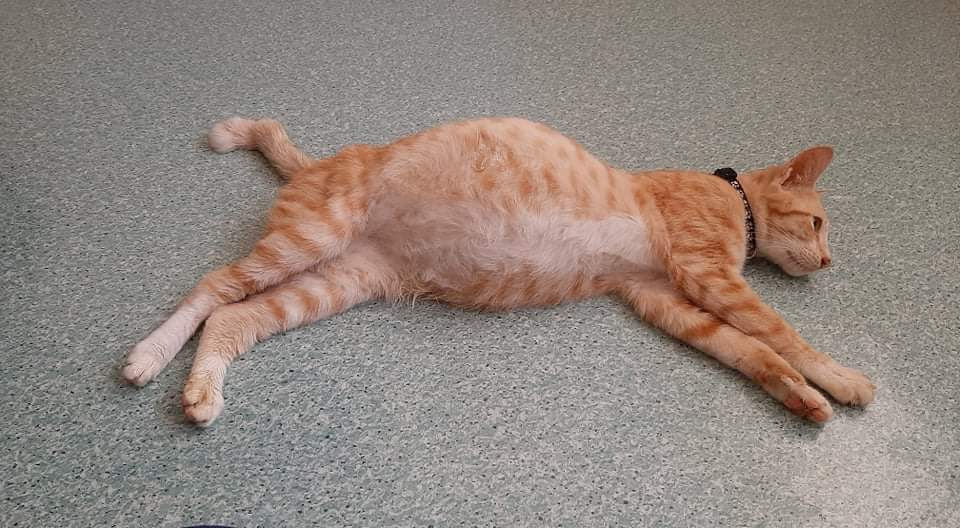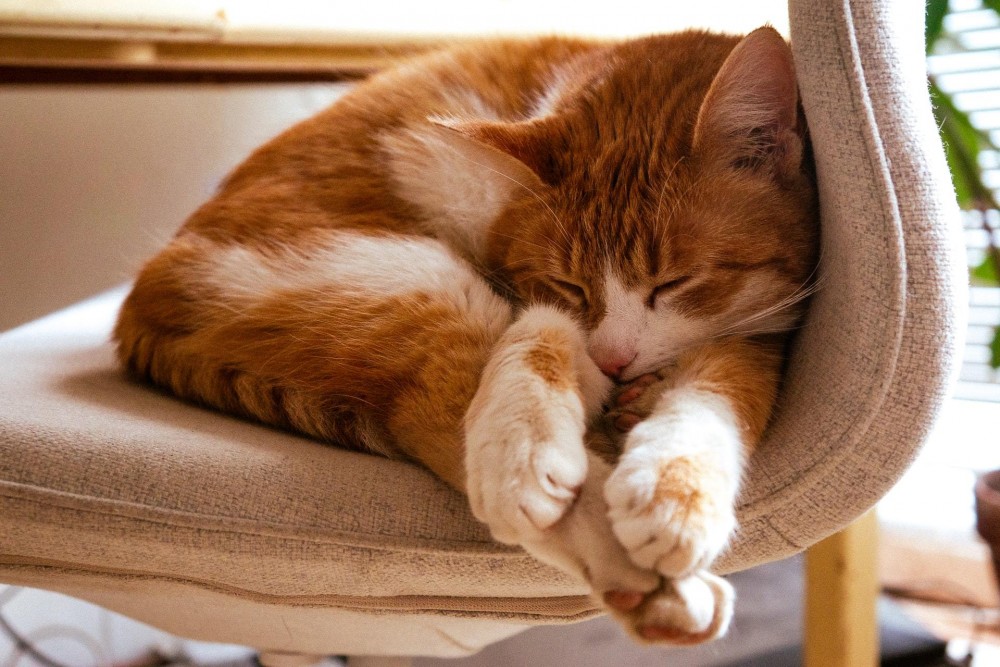FIP in cats
Infectious peritonitis (FIP) is a worldwide viral disease of cats. It is one of the most serious diseases of cats.
FIP in cats more or less cannot be influenced therapeutically and in the vast majority of cases ends in the death of the animal. Most often, young animals that live in larger collectives or come from them get sick. The disease is caused by a virus from the Corononaviridae family . He has the ability of spontaneous mutations. FIP primarily attacks domestic cats. Transmission occurs through direct and indirect contact. Transmission from the mother to the kittens via the placenta is significant, the sick kitten gradually infects other kittens and other cats.
An important role for the transmission and manifestation of FIP is played by the animal's immunity. In cats with a good immune system, the disease does not manifest itself clinically. However, these animals are a source of infection for debilitated cats in which the virus manifests itself clinically. The incubation period varies between 2-14 days. The virus enters the host through the upper respiratory tract and oral cavity. It multiplies in the tonsils and intestinal mucosa, then is excreted in saliva and feces.

Manifestations of the disease
FIP is most common in cats under two years of age. The disease manifests itself in several forms. If a kitten is infected at birth, it is usually stillborn or dies a few days after birth. The effusion form (with effusion of fluids) of the disease is characterized by an enlargement of the abdominal cavity, when there is an effusion of fluids from the vessels into the abdominal area. The effusion also affects the chest, which manifests itself in difficult breathing. The non-effusive form is manifested by paralysis of the limbs, impaired movement coordination, head shaking, the presence of blood in the anterior chamber of the eye, enlargement of the liver, spleen, lymph nodes, etc.

Disease diagnosis
Not every individual will show all the mentioned clinical symptoms at once. Due to the variety of these symptoms, it is obvious that the differential diagnosis will be wide. It is based on the hematological and biochemical examination of the blood and the examination of the present effusions. Furthermore, an X-ray and sonographic examination must be performed. Currently, serological testing for the determination of antibodies against coronaviruses and testing using PCR, which proves the presence of the virus in the body, is also available.

Disease treatment and prevention
Treatment is based only on alleviating symptoms. The disease itself is incurable. That is why prevention is important, such as early weaning of kittens, thorough disinfection of the environment. Vaccination of animals is therefore important, but it must be carried out only in healthy animals. A nasal vaccine is available on the market. Kittens can be vaccinated from 16 weeks of age with revaccination in 3 weeks and then annual revaccination. Before the actual vaccination, it is necessary to do an examination for the presence of this virus. This is done from blood samples. For effective vaccination, the kitten or cat must be negative.
Disclaimer: This article is only informative and does not replace professional consultation or examination of the animal by a veterinarian. If you have any doubts about health of your pet, contact yours veterinarian immediately.
15.09.2022

